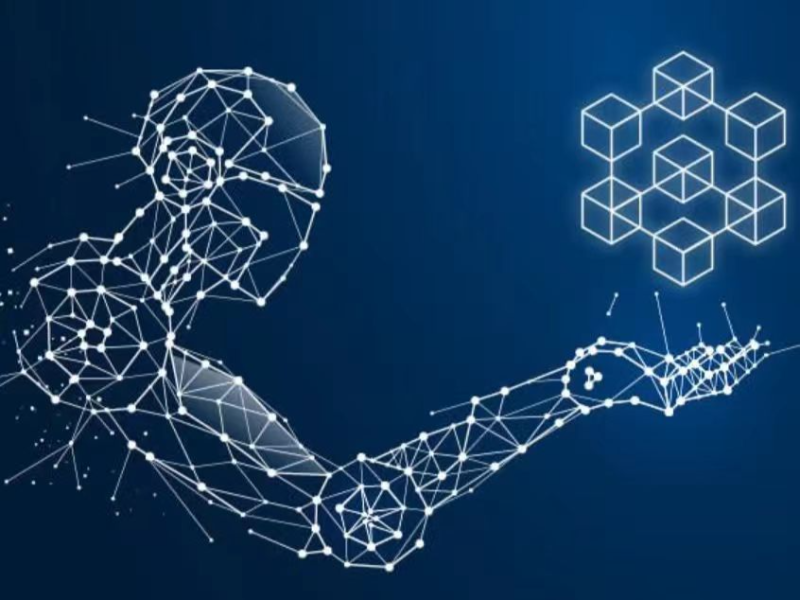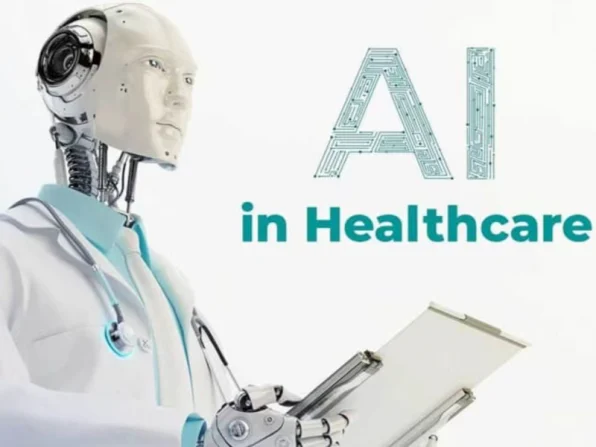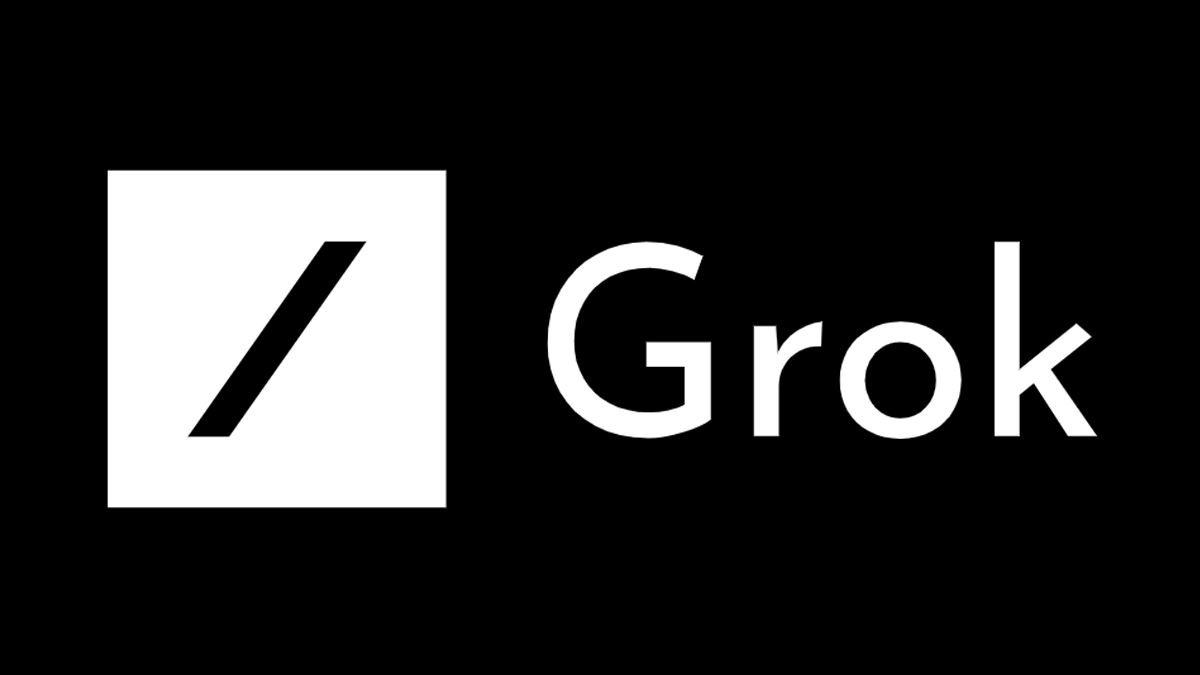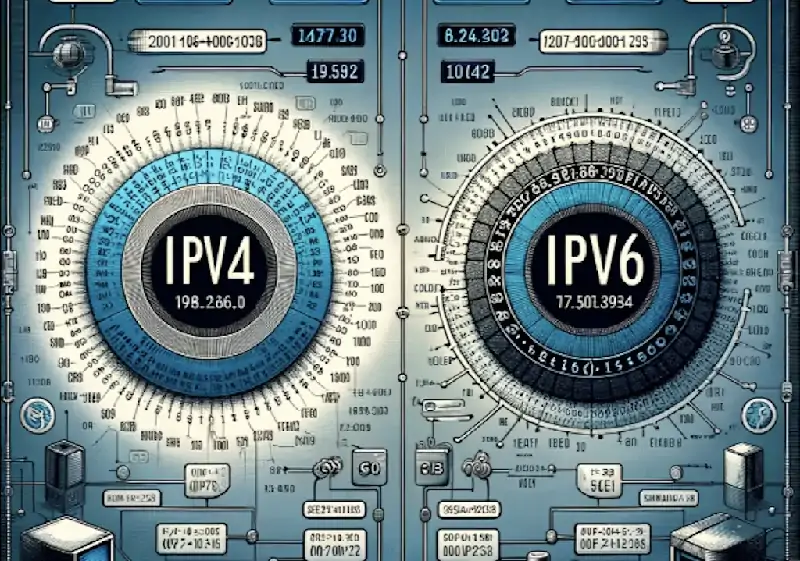- Blockchain technology combined with AI enhances data security and privacy protection, enabling decentralized data management, secure sharing, and analysis while preserving confidentiality and integrity.
- Smart contracts leverage automation and AI to streamline execution, optimize terms, mitigate risks, and enhance flexibility, although challenges in transparency and bias persist.
- The decentralised AI market, facilitated by blockchain technology, revolutionizes data and arithmetic trading, enabling direct transactions, resource sharing, model deployment, and enhanced privacy, while reshaping economic paradigms.
Artificial Intelligence (AI) and blockchain technology are two transformative technologies that independently play important roles in multiple industries. When these two technologies are combined, they can enhance each other and work together to solve several technical and application-level challenges.
Also read: AI startup Synthesia launches Expressive Avatars
Data security and privacy protection
When using AI for data analysis and processing, it is often necessary to handle large amounts of personal and sensitive data. These data, if not properly protected, may be stolen or misused, thus jeopardising personal privacy and enterprise security.
Traditional data protection methods such as encryption and privilege control can no longer fully cope with the increasingly complex security threats, especially in a distributed network environment.
Blockchain technology provides a decentralised approach to data management that guarantees data integrity and tamperability through encryption and consensus mechanisms.
Each piece of data needs to be verified by a majority of nodes in the network before it is added to the blockchain, and once it is entered, it is virtually impossible to be modified or deleted. This characteristic makes blockchain a powerful tool for protecting data from tampering.
Combining AI with blockchain allows data to be shared and processed securely without sacrificing privacy. For example, by using blockchain technology, a distributed data marketplace can be created in which data providers can offer data for AI training and analysis without revealing personal information.
The AI can be used to automatically monitor and manage data access and usage in the blockchain network, ensuring that all operations comply with pre-defined security and privacy policies.
The combination of blockchain and AI can also take advantage of advanced privacy-preserving technologies such as homomorphic encryption and zero-knowledge proofs.
Homomorphic encryption allows calculations to be performed while the data is encrypted and the results remain in encrypted form, meaning that AI analyses can be performed without decrypting the data, thus protecting the privacy of the data content.
Zero-knowledge proofs, on the other hand, allow one party to prove the truthfulness of a statement without revealing any other information to the verifying party.
Also read: Binance ends support for USDC on Tron blockchain
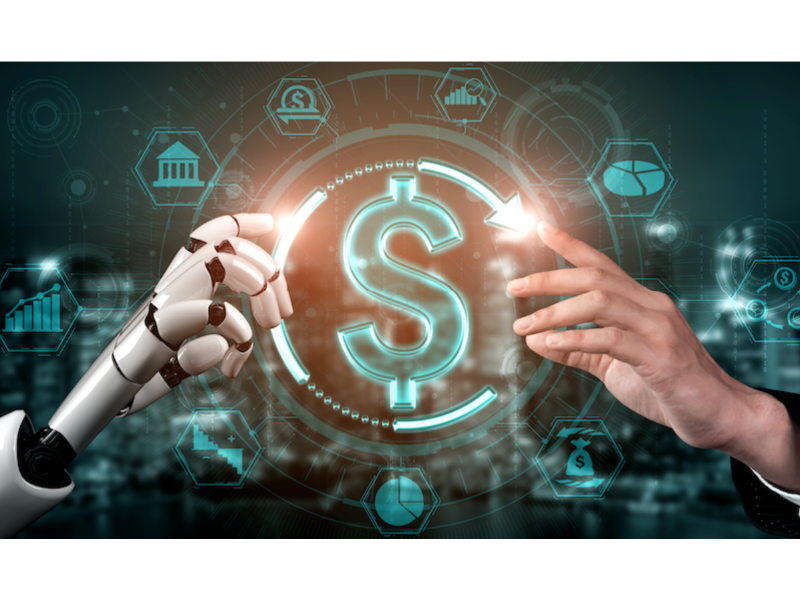
Automation and optimisation of smart contracts
Smart contracts are computer programmes that automatically execute, control or record lawful actions, which are stored on the blockchain and can automatically enforce the terms of a contract when predetermined conditions are met. This automation reduces human intervention, lowering transaction costs and execution times, while increasing the transparency and reliability of contract execution.
By integrating AI technology, smart contracts can enable a more complex and dynamic decision-making process. AI models can analyse large amounts of historical trading data to predict the outcome of contract execution, optimise contract terms, and even adjust contract parameters in real-time to adapt to market changes or other changes in external conditions.
AI can help identify patterns and trends in contract execution and automatically adjust contract terms based on this data. For example, in supply chain management, smart contracts can dynamically adjust prices or delivery times based on the availability of goods and market demand.
AI algorithms can assess potential risks before contract execution, provide decision support, and reduce the risk of defaults and disputes. This predictive function strengthens the security and robustness of the contract and improves trust between the parties.
In multi-party contracts, AI agents can negotiate on behalf of the parties, automating conflict resolution and adjusting contract terms, making contracts more flexible and efficient.
Despite the many benefits that AI brings to the automation and optimisation of smart contracts, there are some technical challenges, such as how to ensure that the AI system’s decisions are transparent and interpretable, and the need to deal with possible biases and errors in the AI system.
Developers and researchers are exploring the use of model auditing, algorithmic fairness, and enhanced data privacy protection techniques to overcome these challenges.
The growth of the decentralised AI market
Decentralised AI marketplaces are an emerging field, using blockchain technology to transform the way data and arithmetic are traded.
Decentralised data markets allow data providers to sell their data directly to developers and companies that need them, without having to go through intermediaries. This model not only increases revenue for data providers, but also improves the transparency of data transactions, as all transactions are recorded on the blockchain, which is easily verifiable and difficult to tamper with.
The decentralised AI market also includes arithmetic sharing, which allows individuals or businesses to rent unused computing resources to users who need to perform large-scale computing tasks. This approach significantly lowers the barrier to entry into AI, especially for small developers or startups that cannot afford the cost of expensive hardware and data centres.
In decentralised AI marketplaces, developers can create and train AI models and then publish them to the marketplace for others to use. This not only provides new ways for AI developers to make money, but also accelerates the iteration and innovation of AI technology. Users can purchase and deploy these models for their specific needs without having to develop them from scratch.
Decentralised AI marketplaces protect data privacy and security through the use of cryptography and smart contracts. For example, computations can be performed directly on encrypted data using homomorphic encryption, thus completing the training of AI models without exposing the original data. This approach opens up new possibilities for handling sensitive data, especially in areas such as healthcare and finance.
Decentralised AI marketplaces may change the traditional economic model as it promotes optimal allocation and utilisation of resources. In this market, anyone can contribute data or computing power and get paid accordingly, which not only increases the flexibility of the market but also incentivises more participants to join AI research and development.
